Introduction
In today’s digital age, almost every business is using technology to improve how it works. From online shopping to mobile banking and cloud-based tools, everything is going digital. But who is behind these changes? The answer is simple the software developer. These are the professionals who build, test and maintain the software that helps businesses move into the digital world.
What is Digital Transformation?

Before we understand the role of the software developer, let’s quickly look at what digital transformation means. It is the process of using digital technologies to change how businesses operate and deliver value to customers. This could mean automating tasks, creating mobile apps, improving customer experience or using data to make smart decisions.
Businesses that want to stay competitive must go through digital transformation. And for that, they need the right software, systems and tools, all of which are created by the software developer.
The Software Developer: More Than Just Coding

Most people think the software developer only writes code. But in reality, their role is much bigger and more important. Developers work with teams to understand business goals and customer needs. They design solutions that are user-friendly, fast and secure. They also test the software, fix bugs and ensure it works smoothly.
A software developer is involved at every stage of the digital transformation journey from planning to development to maintenance. Their work helps companies to:
- Improve customer experience
- Automate time-consuming tasks
- Collect and use data more effectively
- Launch new digital products or services
How Software Developers Drive Digital Transformation
Let’s look at some of the ways the software developer helps a business go digital:
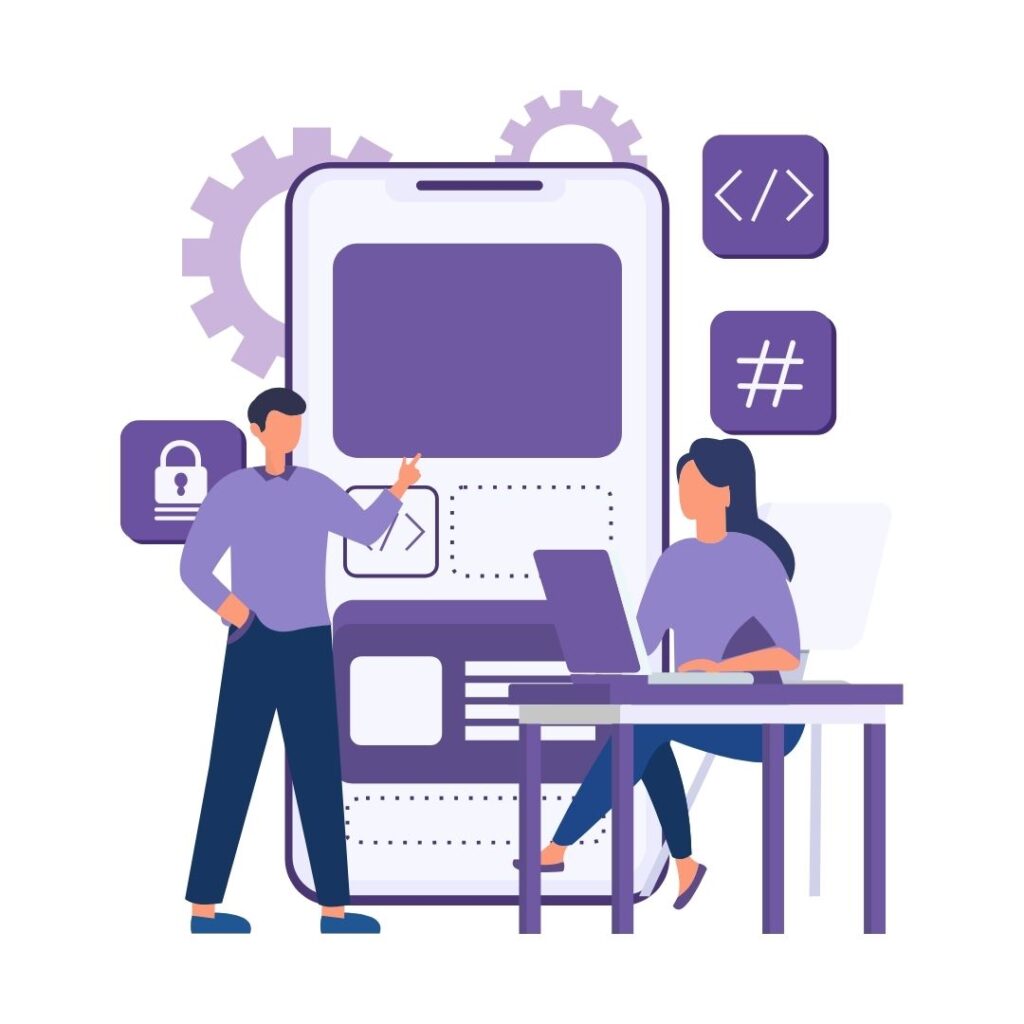
1. Building Custom Software Solutions
Not all businesses are the same. Many need custom software that matches their unique needs. For example, a restaurant may want an app for online orders, while a school may need an online learning platform.
In such cases, the software developer creates custom solutions from scratch. They design software that fits the business perfectly and solves its specific problems. This kind of personalized solution is a big part of digital transformation.

2. Upgrading Legacy Systems
Many old businesses still use outdated software that is slow and not user-friendly. These systems can block progress. The software developer plays a key role in upgrading these legacy systems.
They help rebuild or replace old systems with modern, cloud-based platforms. This makes the company faster, more flexible and ready for the future.
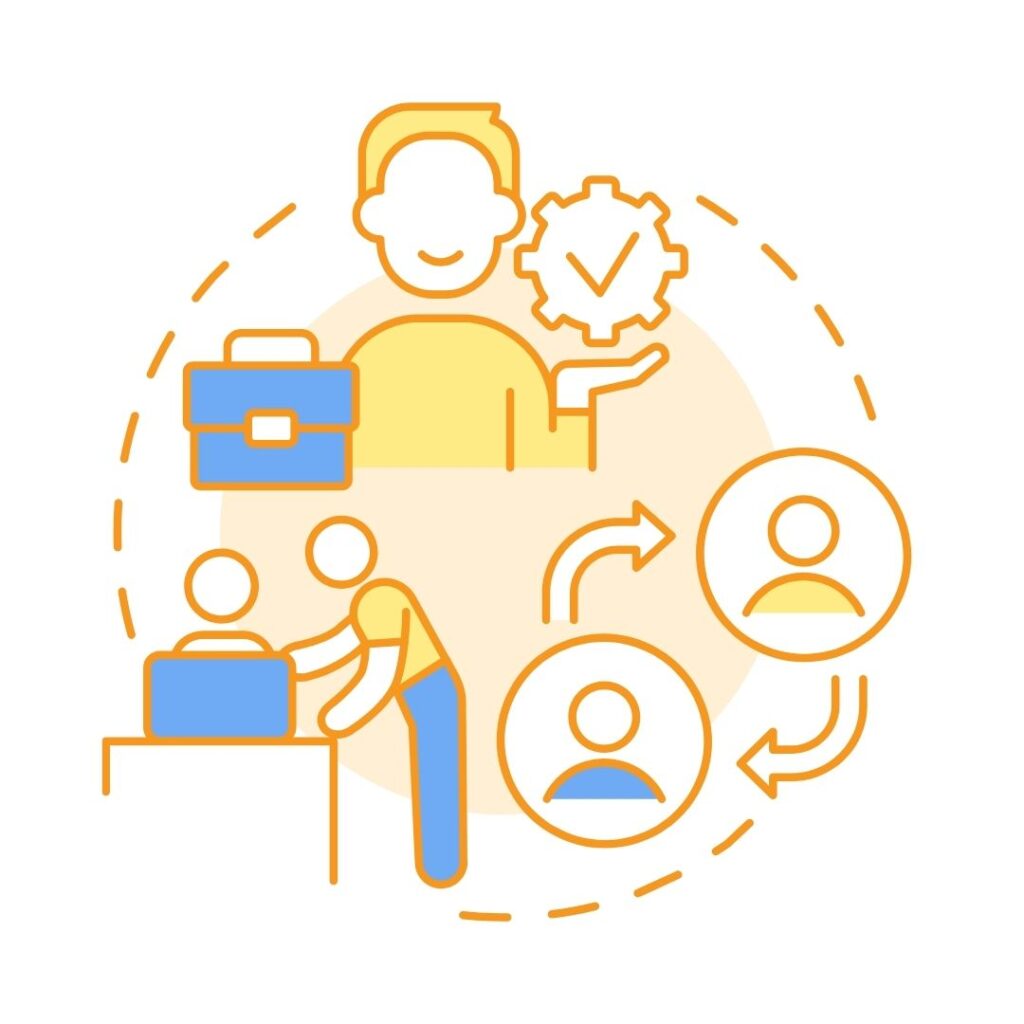
3. Enhancing User Experience
A big goal of digital transformation is to improve how customers interact with a brand. Whether it’s a mobile app, a website or a chatbot – everything must be easy to use.
The software developer focuses on creating smooth, simple and reliable user experiences. They understand what users want and build software that solves problems quickly and without confusion.

4. Ensuring Security
As businesses go digital, data security becomes very important. Customer information, payment details and company data must be protected.
The software developer adds strong security features to every project. They write secure code, follow safety standards and regularly update software to prevent cyberattacks. A secure platform helps gain customer trust and avoid data loss.
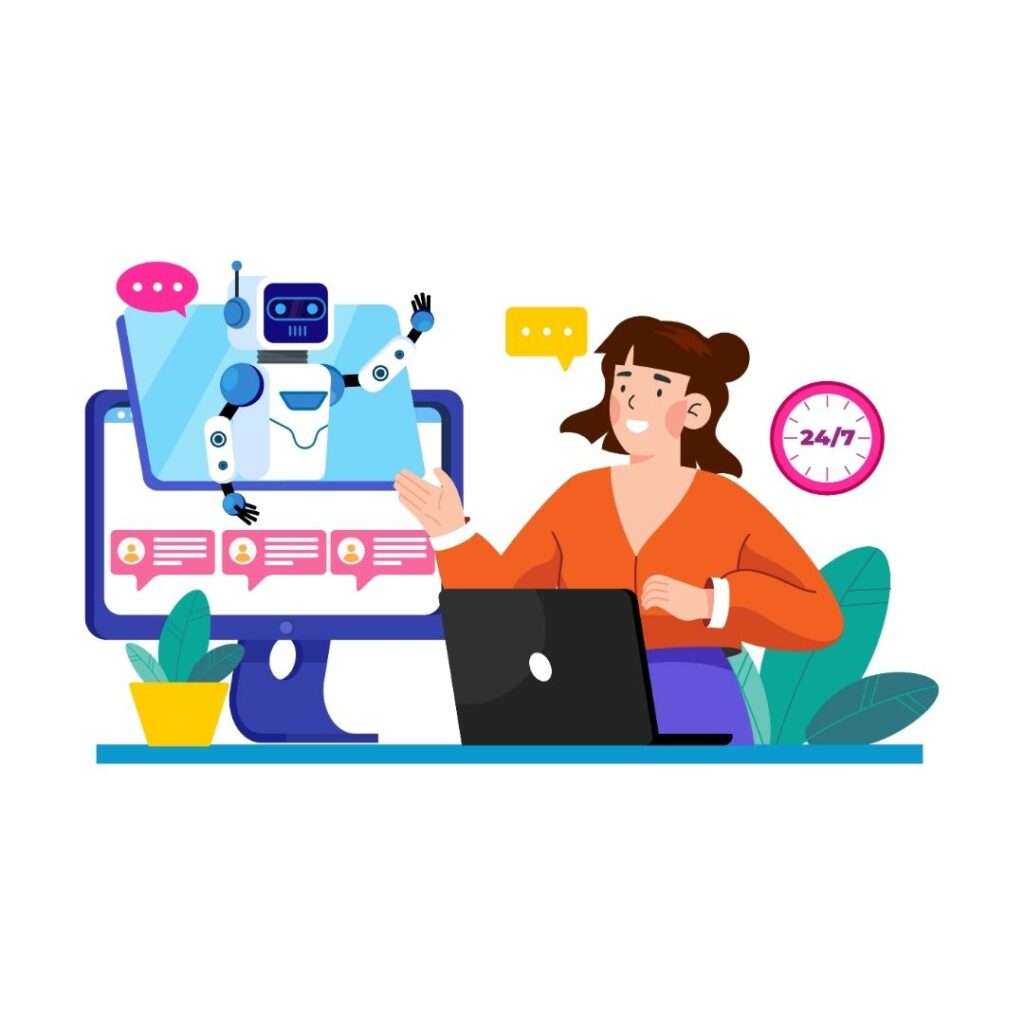
5. Supporting Automation
Digital transformation often includes automating tasks that were done manually before. For example, sending emails to customers, processing orders or generating reports.
The software developer builds automation tools that save time and reduce human error. This not only improves work efficiency but also allows employees to focus on more important tasks.

6. Working With Data
Data is one of the most valuable assets for any business today. Companies collect a lot of data from their customers, websites and sales channels.
The software developer helps in building tools that collect, store and analyze this data. With the help of this, businesses can make better decisions, understand customer behavior and plan their future strategies.
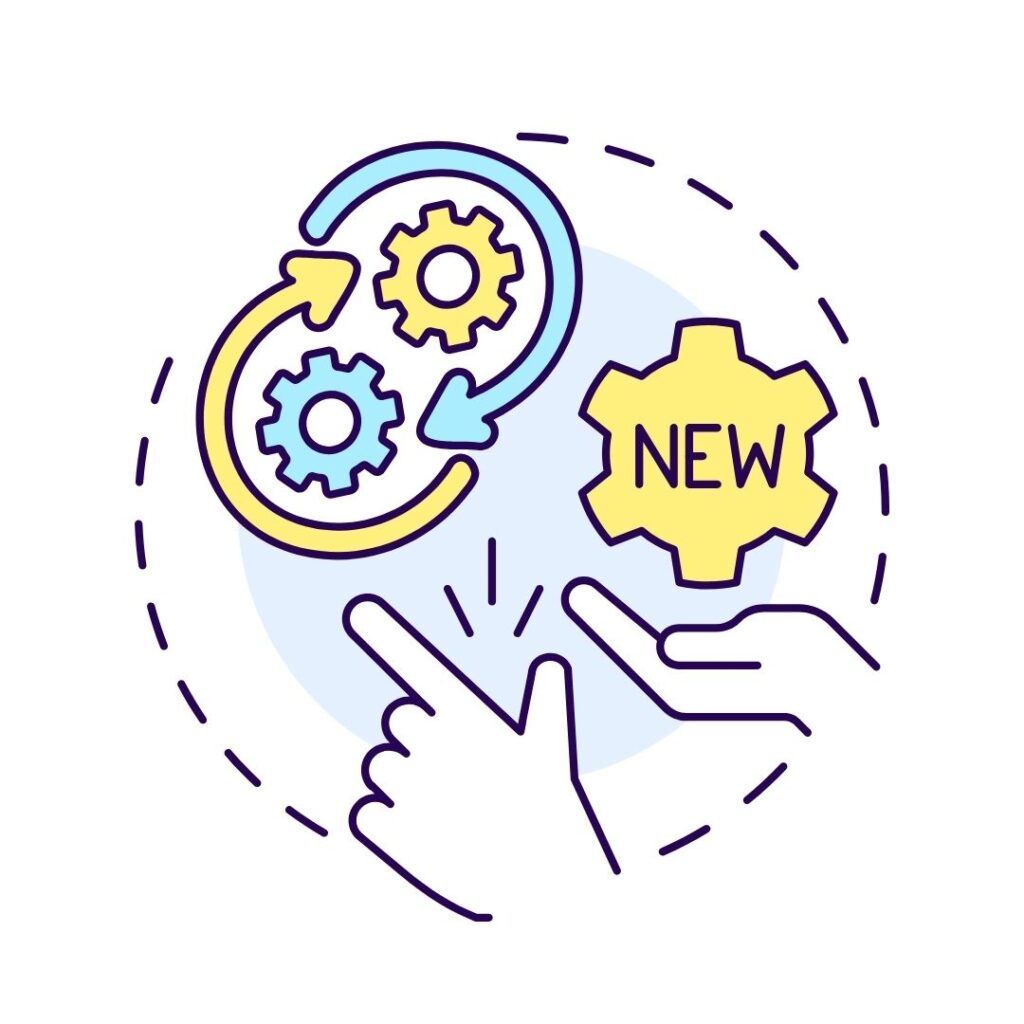
7. Adapting to New Technologies
Technology is always changing. Cloud computing, AI, machine learning and IoT are just a few examples of what’s new.
The software developer keeps learning and adapting to new tools and technologies. They help businesses adopt the latest tech and stay ahead of competitors. By integrating modern solutions, developers help companies grow and innovate faster.
Challenges Faced by Software Developers in Digital Transformation

Even though the software developer plays a key role, their job is not easy. They face many challenges, such as:
- Understanding complex business processes
- Managing tight deadlines
- Keeping up with fast-changing technologies
- Ensuring software works on different devices and platforms
- Balancing security with user-friendliness
Despite these challenges, skilled developers continue to innovate and support businesses in their digital journey.



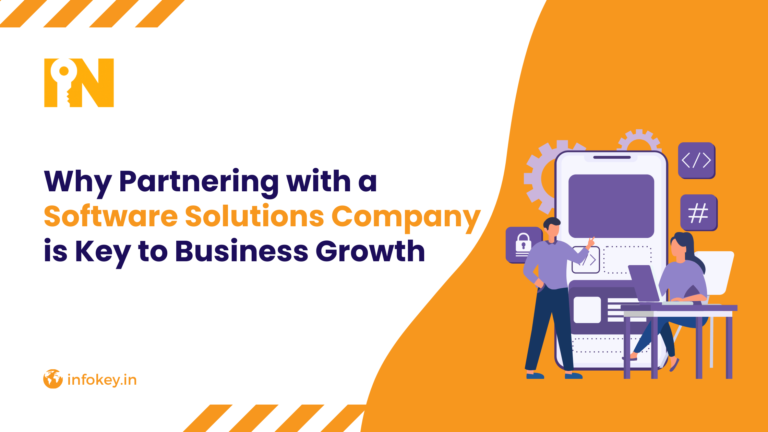




My brother suggested I might like this website He was totally right This post actually made my day You cannt imagine just how much time I had spent for this information Thanks